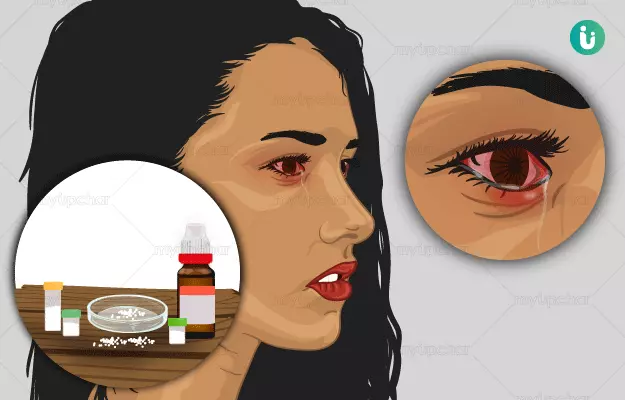Conjunctiva is a thin transparent layer of tissue which lines the inside of the eyelids and the white part of the eye. Inflammation or swelling of the conjunctiva is referred to as conjunctivitis. Since conjunctivitis causes the white part of the eye to turn pink or red, it is commonly called ‘pink eye’.
Conjunctivitis is usually a minor self-limiting eye infection, but sometimes it develops into a serious condition. The condition can affect one or both eyes and may be caused by a viral infection or bacterial infection or an allergic reaction to irritants such as pollen or smoke in the air.
Based on the patient’s history, symptoms and eye examination, the doctor can often determine the cause of conjunctivitis. However, sometimes it becomes difficult to ascertain the exact cause, so laboratory testing may be needed.
Conjunctivitis usually resolves itself in a while, however, treatment is needed in some cases and depends on the underlying cause. The active ingredient in conventional over-the-counter eye drops is mainly chloramphenicol, which prevents the growth of bacteria but does not kill them.
Homeopathic remedies are widely used in the treatment of conjunctivitis. Apis mellifica, arsenicum, argentum nitricum, belladonna, euphrasia and allium are common remedies for conjunctivitis. They act in various ways to help manage the condition. For example, nux vomica is used for the ‘hangover’ type of conjunctivitis, and pulsatilla for a general cold with yellow discharges where the patient feels better by rubbing the eyes. In cases with increased pus discharge, hepar sulphuris is indicated.


























